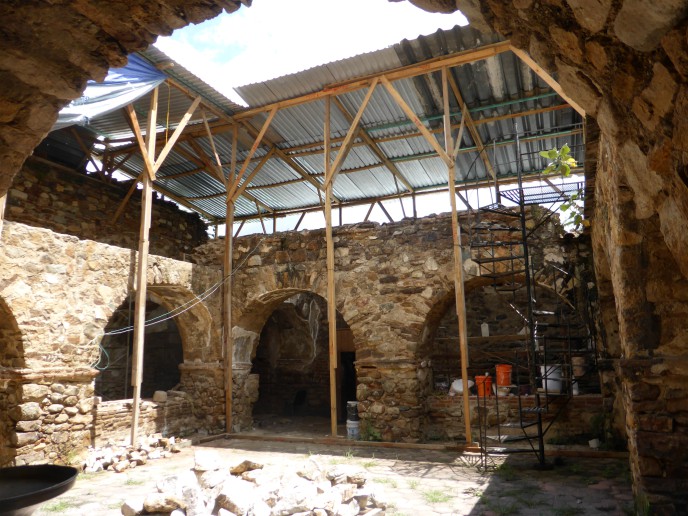A historical look at the evolution of our rights today
The EU-funded EMPIREHURIGHTS project sought out and analysed the historical origins and early modern perceptions of human rights. Looking beyond the northern and Protestant Europe frame of reference traditionally considered by scholars in the field, it contributes a more nuanced understanding of human rights. Project fellow Professor Graça Almeida Borges focused on four complex and multifaceted problems: violence, indigenous rights, religious differences and slavery. “These were problems inherent to the early modern colonisation processes that might be understood today in the scope of human rights,” she explains. Connected histories Project research delved into how European nations dealt with these problems, specifically for the years spanning 1580-1640. In this period, and united under the Catholic Monarchy, Portugal and Spain emerged as an Iberian empire of almost global dimension. Research thus considered the process of construction of European overseas empires in the 16th and 17th centuries. Bias reigns across the board Research findings show that, in their empire-building efforts, decision-makers at all levels of colonial government were forced to consider most of the stated problems, and their inherent challenges. Although historiography is slanted towards the study of Spanish cases, the research demonstrated that related discussions were also prominent as far as the Portuguese colonial government was concerned. EMPIREHURIGHTS found that discussions on violence, indigenous rights and religious differences were predominant. Yet, the problem of slavery often only arose in discussions when the enslavement of American native populations was at stake. Project research thus led to the conclusion that “these problems were permanently equated in the Iberian decision-making processes regarding colonial government and empire-building efforts.” This, Prof. Almeida Borges reports, “effectively influenced the evolution of the different territories of the two empires.” Lessons from the past Project work and findings have been shared at numerous academic events and conferences and in four published articles. More papers and book chapters are under preparation, along with a source catalogue and three edited and co-edited books. The professor has also created a digital project that is being continuously developed. Prof. Almeida Borges notes that this Marie Skłodowska-Curie Individual Fellowship provided her with fundamental tools to strengthen her expertise in the field. Notably, the project’s interdisciplinary scope brought together scholars of different historiographical fields, mainly through organisation of the conference ‘Encounters, Rights and Sovereignty in the Iberian Empires (16th-19th centuries)’. Topics explored during EMPIREHURIGHTS are of undeniable socioeconomic importance, and relevant for current humanitarian and other crises related to migration, refugees, leadership and extremist movements. “These lessons from the past, albeit drawn from an imperial context that was violent and unrighteous per se, can make stakeholders of today aware of the power of underprivileged social groups to participate in the design of our global future,” the fellow concludes. This project and future research planned by Prof. Almeida Borges is deeply aligned with the United Nations 2030 Agenda for Sustainable Development. The hundreds of documents amassed during EMPIREHURIGHTS will be at the core of her research for years to come, including current projects on violence and resistance in the Iberian empires.







